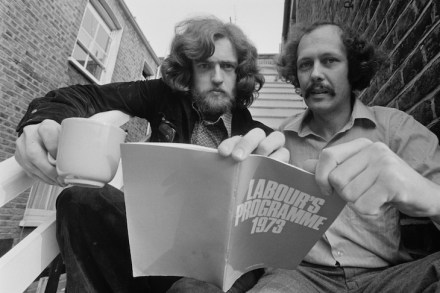The Book Club podcast: The Who’s Pete Townshend on his new novel
My guest in this week’s Book Club is the rock musician, writer and sometime Faber editor Pete Townshend. Pete has just published his first novel The Age of Anxiety, an ambitious work jointly conceived as an opera. We talk about madness and creativity, Who lyrics popping up in the fiction, how he settled on an Aristotelian plot, and the unusual way his psychic second wife sends him off to sleep.






